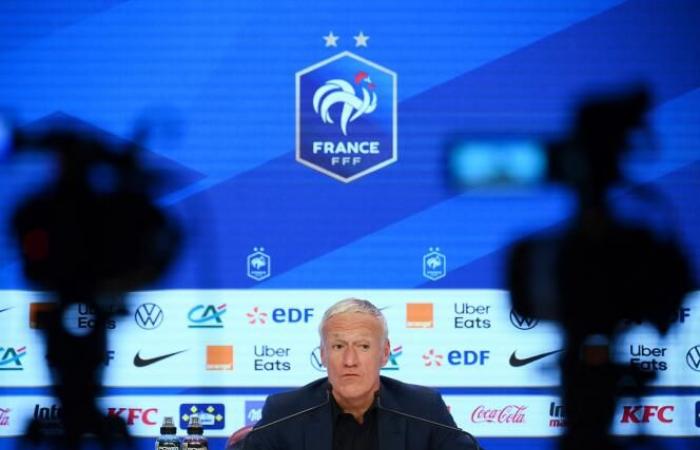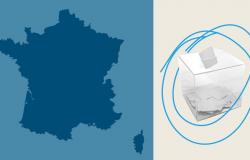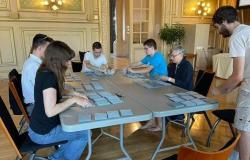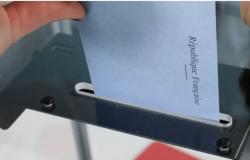When the time came to announce to the general public his departure from Paris Saint-Germain, after seven years of good and loyal service, Kylian Mbappé did not have to hesitate for long on the strategy to adopt, in agreement with his communications team . His video of less than four minutes, published on May 10 on the player’s X account, has been viewed nearly one hundred million times and relayed more than 500,000 times.
Read also | How Kylian Mbappé made Ligue 1 history in eight seasons, 7 titles and 191 goals
Add to your selections
For the captain of the French team – who has been playing in the European Championship in Germany since June 14 – the question of coming to explain his choice and talking about his future in the written press, on the radio or on television did not arise. He delivered his message in these four minutes of video, on a platform where his visibility is the strongest. A process that almost proves Raymond Domenech, coach of the French team between 2004 and 2010, right, who delivered this hammer blow to journalists present at an informal meeting in January 2007: “The players don’t need you. »
How far away it seems when Michel Platini, as soon as he announced his departure for the Italian club Juventus in 1982, presented on the set of Téléfoot the reasons which had pushed him to leave France. Since the victory of the Blues at Euro 1984, it is a ” revolution “ that the relations between players and journalists have known, according to Philippe Tournon, who was the press attaché of the French team between 1984 and 2018 (with a break between 2004 and 2010).
No bubble established around the Blues
When the 1984 edition of the Euro began, the myth of the sports journalist who pushed open the locker room door, microphone in hand, looking for the slightest bit of information, was still a reality. Michel Hidalgo, the coach of the French team, asked only one thing of those commonly called the “followers of the Blues”: that the players be allowed ten minutes of respite after the end of the matches, to release the pressure and collect their thoughts.
“We were available to journalists, but it was nicesmiles Alain Giresse, member of the famous magic square of 1984. We talked about football and sometimes other things. I remember that at the 1986 World Cup, in Mexico, I discussed the grape harvest in the locker room, after the matches, with journalists from the Bordeaux region. » Between each match, the media have daily access to the Blues. They need “take order” with Philippe Tournon, who provides them with the players requested for long discussions without a predefined framework. Unthinkable today.
You have 66.86% of this article left to read. The rest is reserved for subscribers.







